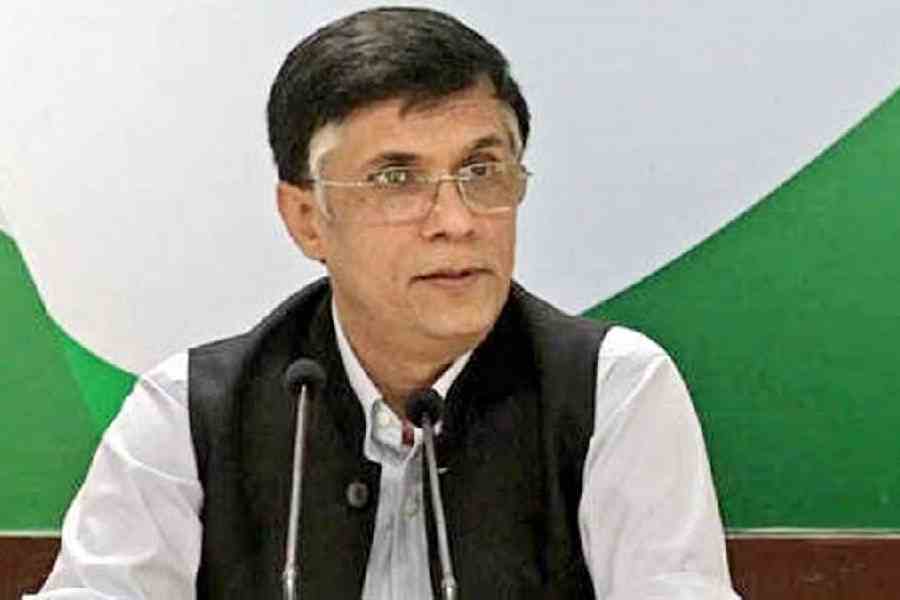The Special Report on Global Warming of 1.5°C by the Intergovernmental Panel on Climate Change was released on October 8. The key findings of the Special Report are grim. The impacts at 1.5°C of global warming are clear and dangerous.
That day, the Centre for Science and Environment released the analysis of the Special Report and provided key takeaways. The analysis called for revising the 2°C goal of the Paris Agreement. It said that for a safer world, the target must now be firmly put at 1.5°C, implying reduction of global CO2 emissions by 45 per cent by 2030 from 2010 levels and reaching net-zero emissions by 2050. The document called for a ‘Plan B’ to fight climate change as ‘Plan A’, the Paris Agreement, will fail to contain temperatures within safe limits. Prior to the ratification of the Paris Agreement, a Fulbright research proposal on finding Plan B fell short of funding. It is worth visiting the proposal briefly in light of the IPCC Special Report and the Bangkok Climate Change Conference where limited progress was made on rule-making to operationalize the Paris Agreement.
The tone of the research proposal was cautiously optimistic due to the uncertainties involved in ratifying and operationalizing the Paris Agreement. It viewed the guiding principle of common but differentiated responsibilities and respective capabilities as an impediment. Application of this principle in the case of the big four emitters (China, the US, India and the Russian Federation) has different implications because of their differing development status. For China and India, reduction of GHG emissions is contingent upon additional means of implementation from developed nations. The US is expected to pay for mitigation at home, and for mitigation and adaptation abroad. Russia receives no support for mitigation nor is it obliged to support developing nations. There is no penalty for not following through on national commitments. Obviously, nations will choose to abate emission if the short-term net benefit of abatement is positive from their perspective. The collective-action problem will continue to bedevil the Paris Agreement. The proposal called for the examination of an alternative mechanism to find solutions by disaggregating issues like mitigation, adaptation and loss and damage by sectors such as power generation, transportation, and manufacturing at different levels, not necessarily national.
While every nation stands to gain individually and collectively from lower emissions, two major reasons come in the way of desirable outcomes.
The first involves competing and conflicting national interests. This is a classic Prisoner’s Dilemma-type non-cooperative outcome where none of the parties lowers its emissions although the outcome is Pareto inferior. The second involves domestic compulsions and has inter-generational implications. The cost of lowering emissions has to be incurred by the current generation whereas the gains accrue to future generations.
Literature suggests that the chances of attaining Pareto optimum outcomes are lowered with greater diversity in preferences as reaching consensus is difficult. Should all nations then have uniform weightage in the alternative mechanism? The proposal suggested that nations with low past and current emissions need not be part of mitigation negotiations but be part of adaptation negotiations with full or partial weightage depending on the degree of vulnerability to impacts of climate change. Mitigation could be taken up sector wise by a group of nations that account for, say, over 80 per cent of emissions in that sector.
The idea in the research proposal was to demonstrate an efficient mechanism with optimum participation with differential votes without compromising national sovereignty. At that time, the idea was deemed radical. Should progress not be made at COP 24 in Katowice in December 2018, or adopted rules are unlikely to produce Pareto optimum outcomes, the time for radical ideas would arrive.











